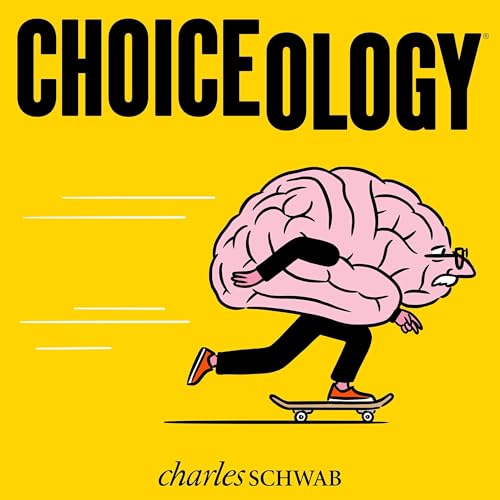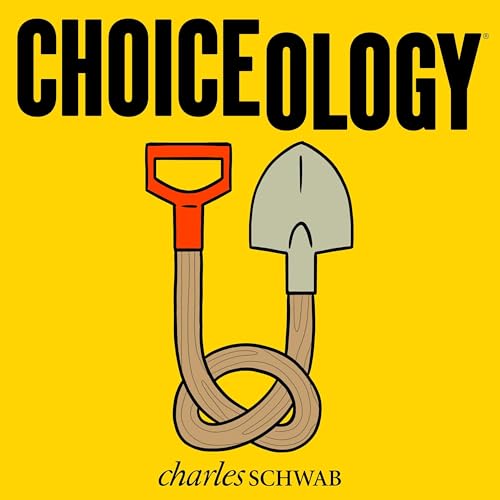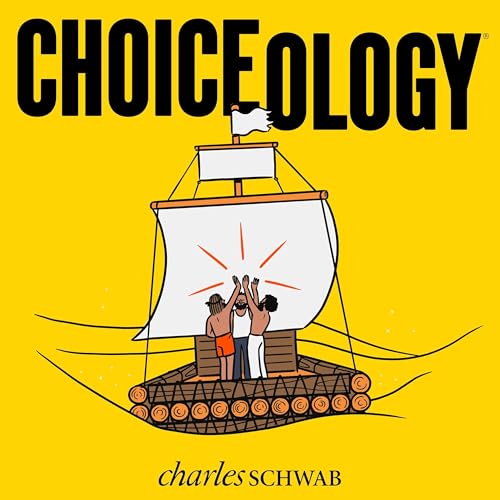Most of us label ourselves early on as academic (or not), athletic (or not), or talented (or not). But even if you feel like you're lacking in natural talent or ability in certain areas, approaching new skills or challenges with openness, effort, and curiosity can take you farther than you might expect.
In this episode of Choiceology with Katy Milkman, we look at the stories we tell ourselves about our abilities—and how to create conditions that can shape our trajectories for growth and achievement.
You'll hear from Donna Ferguson, a freelance journalist with The Guardian and The Observer, along with a couple of adults from a piece she wrote about embracing learning new skills and personal growth later in life.
Then, Katy speaks with Mary Murphy, a professor of psychological and brain sciences at Indiana University, where she conducts pioneering research on motivation, performance, and the distinction between growth and fixed mindsets. Murphy is the author of the book Cultures of Growth: How the New Science of Mindset Can Transform Individuals, Teams, and Organizations. Her mentor is Carol Dweck, author of the book Mindset: The New Psychology of Success.
Choiceology is an original podcast from Charles Schwab. For more on the show, visit schwab.com/podcast.
If you enjoy the show, please leave a rating or review on Apple Podcasts.
Important Disclosures
The comments, views, and opinions expressed in the presentation are those of the speakers and do not necessarily represent the views of Charles Schwab.
This material is intended for general, informational and educational purposes only.
Data contained herein from third party providers is obtained from what are considered reliable sources. However, its accuracy, completeness or reliability cannot be guaranteed.
Asset allocation strategies do not ensure a profit and do not protect against losses in declining markets.
All corporate names and market data shown above are for illustrative purposes only and are not a recommendation, offer to sell, or a solicitation of an offer to buy any security.
The policy analysis provided by the Charles Schwab & Co., Inc., does not constitute and should not be interpreted as an endorsement of any political party.
Investing involves risk including loss of principal.
The books How to Change: The Science of Getting from Where You Are to Where You Want to Be, Cultures of Growth: How the New Science of Mindset can Transform Individuals, Teams, and Organizations, Mindset: The New Psychology of Success, The Seven Habits of Highly Effective People, and Grit are not affiliated with, sponsored by, or endorsed by Charles Schwab & Co., Inc. (CS&Co.). Charles Schwab & Co., Inc. (CS&Co.) has not reviewed the books and makes no representations about its content.
1025-R4A6
Hosted by Simplecast, an AdsWizz company. See pcm.adswizz.com for information about our collection and use of personal data for advertising.
 Oct 20 202534 min
Oct 20 202534 min 34 min
34 min Oct 6 202535 min
Oct 6 202535 min Sep 22 202538 min
Sep 22 202538 min 43 min
43 min Aug 25 202537 min
Aug 25 202537 min 29 min
29 min Jul 28 20252 min
Jul 28 20252 min
